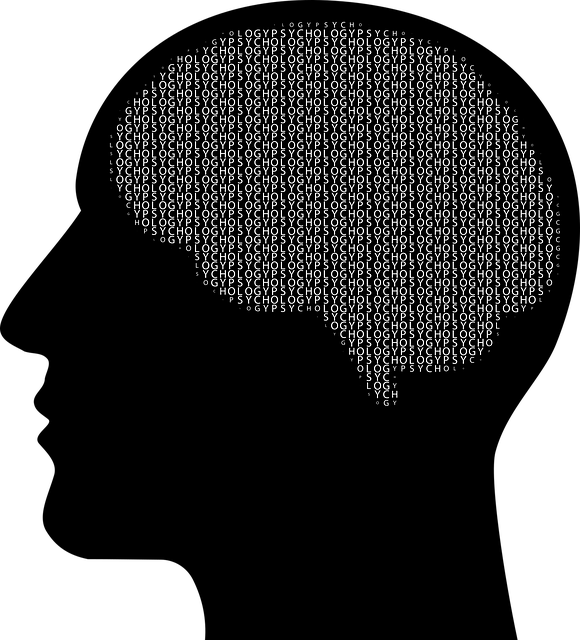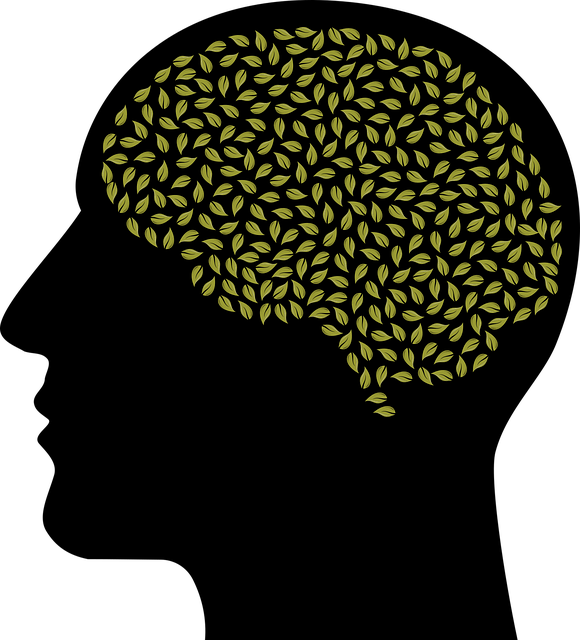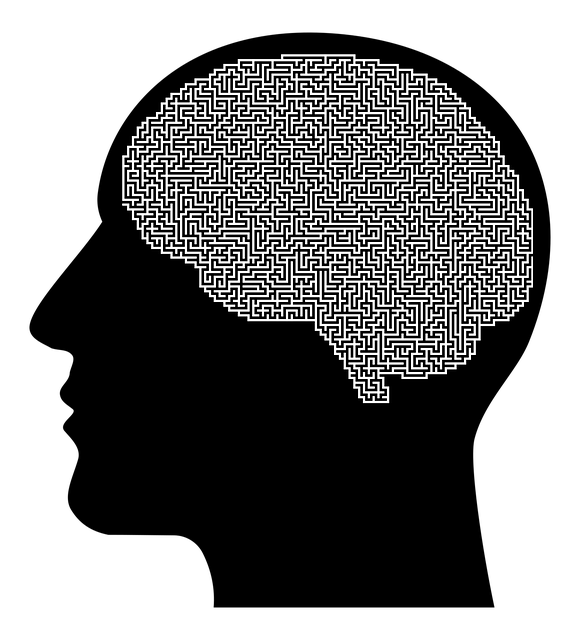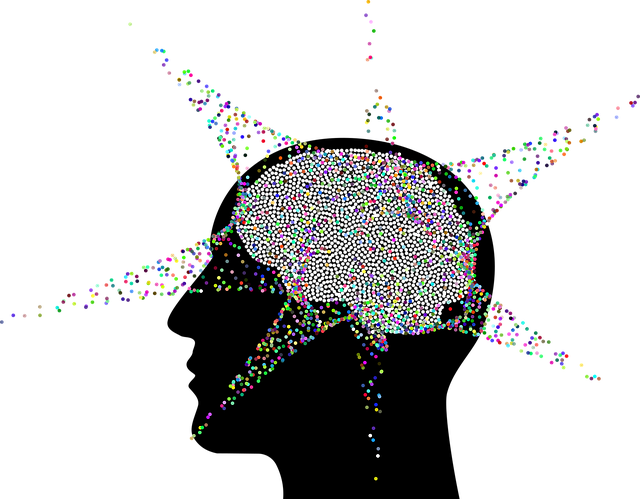Lone Tree Adjustment Disorder (LTAD) is a mental health condition caused by significant life changes or trauma, leading to loneliness, depression, and disconnection. Recognizing LTAD symptoms is key for effective therapy, with compassion cultivation practices showing promise. Mental health education programs empower individuals with knowledge about LTAD, break down stigma, and promote early intervention. These programs teach self-care practices, risk management, and emotional resilience through evidence-based techniques like CBT. Incorporating mindfulness meditation and cognitive reframing into daily routines fosters calmness and resilience. Success is measured through holistic evaluations, ensuring continuous program refinement to meet dynamic mental health needs, including LTAD therapy.
“Mental health education programs play a pivotal role in fostering emotional resilience, especially in addressing emerging issues like Lone Tree Adjustment Disorder (LTAD). This comprehensive guide delves into the intricate design of such programs, focusing on LTAD therapy. We explore essential components, from understanding the disorder’s symptoms and impact to creating effective learning modules tailored for emotional growth.
The article further emphasizes the integration of therapeutic techniques in daily life and provides a framework for measuring program success, ensuring long-term benefits for those seeking mental health support.”
- Understanding Lone Tree Adjustment Disorder: Symptoms and Impact
- The Role of Education in Mental Health Support Systems
- Designing Effective Learning Modules for Emotional Resilience
- Incorporating Therapeutic Techniques into Daily Routines
- Measuring Success: Evaluating the Program's Effectiveness and Long-term Benefits
Understanding Lone Tree Adjustment Disorder: Symptoms and Impact

Lone Tree Adjustment Disorder (LTAD) is a complex mental health condition that arises from an individual’s inability to adapt to significant life changes or traumatic events, such as moving to a new environment. The symptoms of LTAD can be multifaceted and debilitating, significantly impacting one’s emotional well-being and day-to-day functioning. This disorder often manifests as feelings of extreme loneliness, depression, anxiety, and a profound sense of disconnection from the new surroundings.
The impact of LTAD extends beyond the individual, affecting their relationships, academic or professional performance, and overall quality of life. Recognizing and understanding these symptoms is crucial in implementing effective LTAD therapy. Compassion cultivation practices have shown promise in managing LTAD by fostering a deeper sense of connection and reducing feelings of isolation. In addition, integrating these therapeutic approaches within a broader Mental Health Policy Analysis and Advocacy framework can ensure that those affected receive the necessary support and resources for emotional well-being promotion techniques.
The Role of Education in Mental Health Support Systems

Mental health education programs play a pivotal role in fostering supportive ecosystems by equipping individuals with essential knowledge and skills. These initiatives are instrumental in breaking down stigma associated with mental health issues, encouraging early intervention, and promoting self-care practices. Through comprehensive instruction, participants gain insights into various mental health conditions, including Lone Tree Adjustment Disorder, enabling them to recognize symptoms and offer effective support.
Furthermore, such programs emphasize the development of confidence-boosting strategies, self-care routines for better mental health, and risk management planning for professionals. By integrating these aspects, individuals not only enhance their well-being but also contribute to a more resilient community where mental health is prioritized and effectively managed.
Designing Effective Learning Modules for Emotional Resilience

Designing effective learning modules for emotional resilience is a key component of any comprehensive mental health education program. Each module should be meticulously crafted to build upon participants’ existing knowledge and skills, fostering an environment where they can explore their emotions, develop coping mechanisms, and ultimately enhance their ability to manage stress and adversity. Incorporating Mind Over Matter principles, these modules should encourage self-reflection and equip individuals with practical tools that align with evidence-based practices such as cognitive behavioral therapy (CBT).
For instance, a module focusing on risk management planning for mental health professionals can teach strategies to identify and mitigate potential stressors. Similarly, promoting self-care routine development is vital. By integrating these Lone Tree Adjustment Disorder Therapy techniques into the curriculum, participants gain a deeper understanding of their emotional responses and learn how to cultivate resilience—a crucial asset in navigating professional challenges and maintaining well-being.
Incorporating Therapeutic Techniques into Daily Routines

Incorporating therapeutic techniques into daily routines is a pivotal aspect of mental health education programs, aiming to equip individuals with practical tools for managing their well-being. This approach goes beyond mere knowledge transfer; it encourages participants to integrate coping strategies seamlessly into their regular lives. For instance, practices like mindfulness meditation and cognitive reframing, commonly used in treating Lone Tree Adjustment Disorder, can become as natural as brushing one’s teeth. Such techniques foster a sense of calm and resilience, enabling individuals to navigate stressful situations with enhanced emotional awareness.
Through consistent practice, these therapeutic methods evolve from temporary fixes to enduring habits. This integration promotes better mood management, improves social interactions by enhancing communication skills, and even facilitates effective conflict resolution. Social Skills Training and Conflict Resolution Techniques, when woven into daily routines, empower individuals to build healthier relationships and lead more fulfilling lives.
Measuring Success: Evaluating the Program's Effectiveness and Long-term Benefits

Measuring success is a vital component of any mental health education program design. Evaluating the effectiveness of the program requires a comprehensive approach that goes beyond immediate results. It involves assessing the impact on participants’ daily lives, their ability to manage stress and cope with challenges, such as Lone Tree Adjustment Disorder. By implementing surveys, interviews, and self-reported progress notes, we can gauge improvements in anxiety relief, self-esteem improvement, and the application of mind over matter principles.
Long-term benefits should also be considered, as behavioral changes often require consistent effort and reinforcement. Regular follow-up sessions can help maintain gains made during the program, ensuring that participants continue to thrive even after formal therapy concludes. This ongoing evaluation process allows for continuous improvement in program design, catering to the evolving needs of those seeking mental health support.
Mental health education programs play a pivotal role in addressing issues like Lone Tree Adjustment Disorder (LTAD). By integrating knowledge about LTAD symptoms, impact, and therapeutic techniques into learning modules that foster emotional resilience, these programs empower individuals to manage their mental well-being effectively. Regularly incorporating these sessions into daily routines ensures consistent support, while measuring success through evaluations and identifying long-term benefits can significantly enhance the program’s overall effectiveness. This holistic approach to LTAD therapy through education is crucial in fostering healthier communities.













